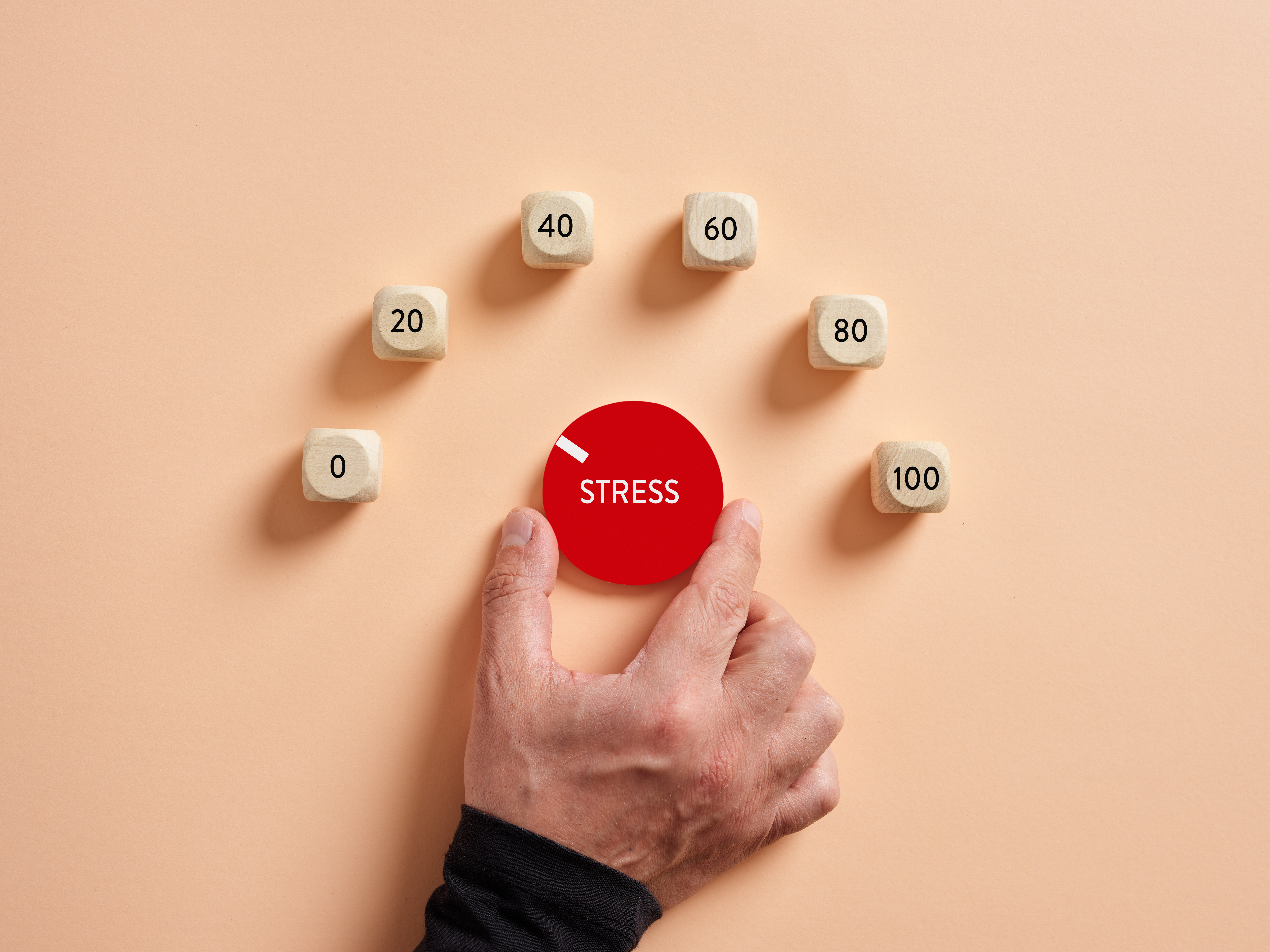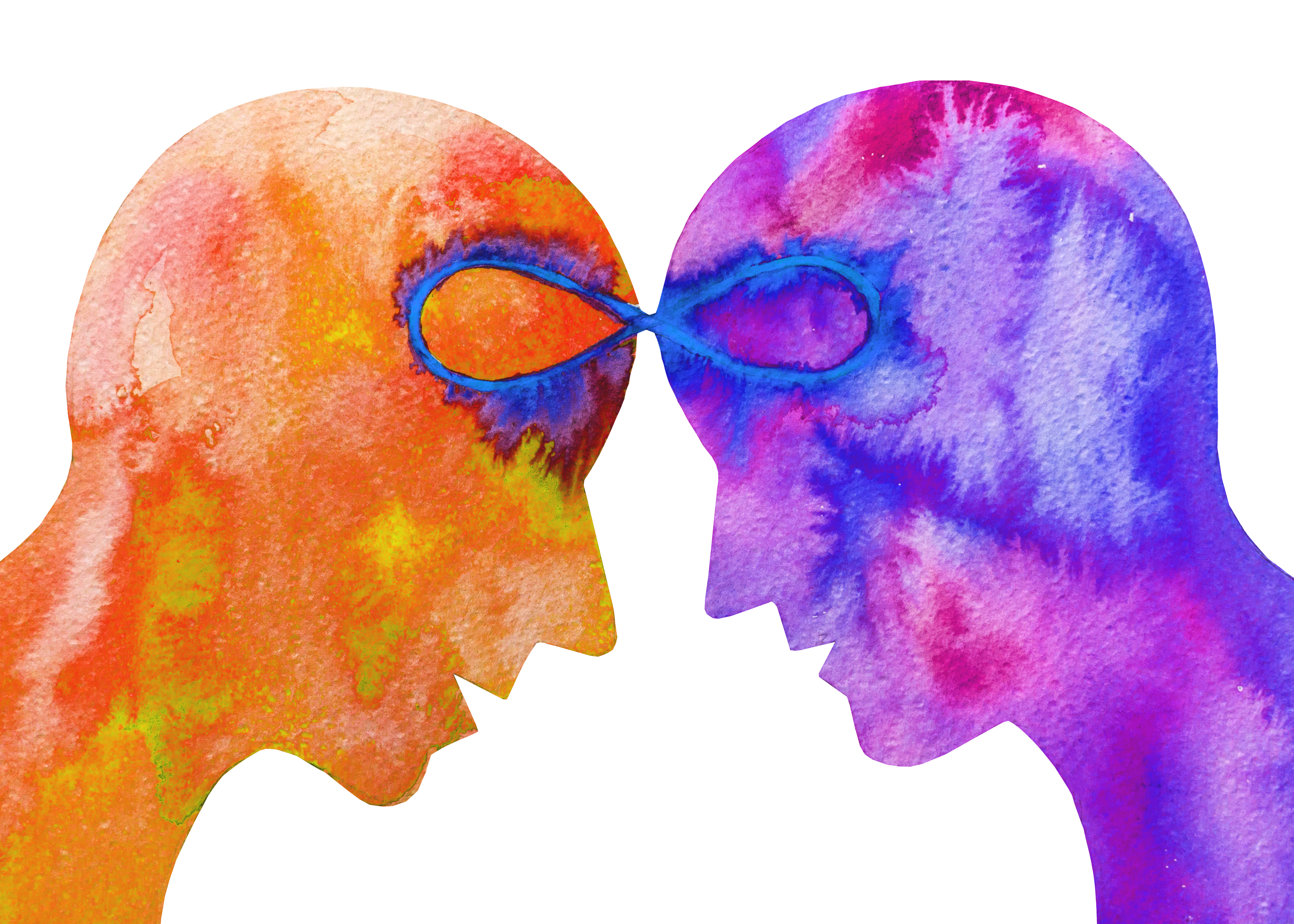Many people may recognize the impact that finances can have on mental health issues in general. However, it’s also important to be aware of the physical and mental signs that financial pressures might be impacting your health.
Here are some of the signs to look out for, no matter your financial situation.
Stress
Whether you’re trying to juggle multiple debt payments, wondering how you’ll pay the bills, or navigating future financial goals, your finances can leave you feeling stressed. If you’re experiencing stress over the long term, it could lead to a lot of anxiety, or even depression.
Feeling anxious or depressed over your finances can bleed into other areas of your life. For instance, if you’re constantly worried about your money situation, it can lead you to get more distracted and less engaged at work. In your personal life, it could look like not being present for conversations when spending time with family and friends.
Physical health issues
Feeling stressed over money could result in less serious symptoms like headaches or a general sense of malaise. You may even feel physically tired from mental exhaustion from thinking about your financial health. According to a study conducted by several faculty members at the University of Pittsburgh School of Medicine, ongoing financial strain is one of the main contributors of sleep issues for many older adults, even more than physical health and the effects of age.
Physical health problems or feeling tired could also be because you’re working more jobs in an effort to increase your income to pay the bills or as a way to pay off a huge amount of debt. It could be worse if you’re working a physically demanding job, or extremely long hours.
Aside from feeling tired, financial worries can also result in more serious health concerns. According to research based on data from over 7,000 participants, researchers found that indebtedness increased a person’s odds of being diagnosed with high blood pressure by 31%. This percentage goes up to 42% if a person needs to or has declared bankruptcy.
Other physical issues can be at risk too, especially if you’re worried about facing financial difficulties and avoid going to the doctor. Perhaps you’re worried about having to pay out of pocket for medical expenses, especially if you don’t have any savings or health insurance.
Lower self-esteem
Financial difficulties can sometimes lead people to feel a sense of guilt or shame about their situation, especially if they aren’t able to afford items or expenses others can. For example, a parent can feel shame — like they’re not a good parent — if they review their budget and find that they can’t afford the costs of a school field trip or a present for a friend’s birthday party their child is attending.
This sense of shame or guilt could also lead to feeling like a “failure,” which could be exacerbated if someone can’t afford basic necessities.
Social isolation
Financial issues can lead to social isolation because those who can’t afford to, may not be able to participate in all social activities. Say you and your friends all enjoy food and love to try out new restaurants together. Now that you’re struggling with debt payments and can no longer afford to go out, you may feel isolated from your friends who continue to try new restaurants.
Other ways you could feel socially isolated if you face financial difficulties include not being able to participate in friends and family’s major life events or milestones, like attending baby showers, being a bridesmaid at a friend’s wedding, or going to an older relative’s golden anniversary party.
In some cases, unless a serious effort to connect with others is made, it can be hard to participate in social activities. This could be true if your relationship is based on activities where you spend money. According to a paper published in the journal Social Science & Medicine by Louise C. Hawkley from NORC at the University of Chicago, financial shocks (such as losing a lot of money) can result in social isolation, especially if this limits your ability to maintain social interactions.
In the above example, your friends may end up inviting you less, or think you don’t want to spend time with them if you decline an invitation without giving a reason. Or, if you work too much or end up having health issues as a result of your financial troubles, you may not have time to even go out and interact with others in a social setting.
If you’re struggling because of financial challenges or because you’re facing any of the physical or mental impacts as a result of it, it’s important to seek help. While it may feel like you’re alone in your struggles, or that it seems like nobody else will understand, it’s not true.
There are resources available, such as free ones from local nonprofits or even your employer benefits. Depending on your employer, some may have mental health or financial counseling services for free. You can also consult with financial wellness advisors free of charge and utilize resources from your bank.
![]()







